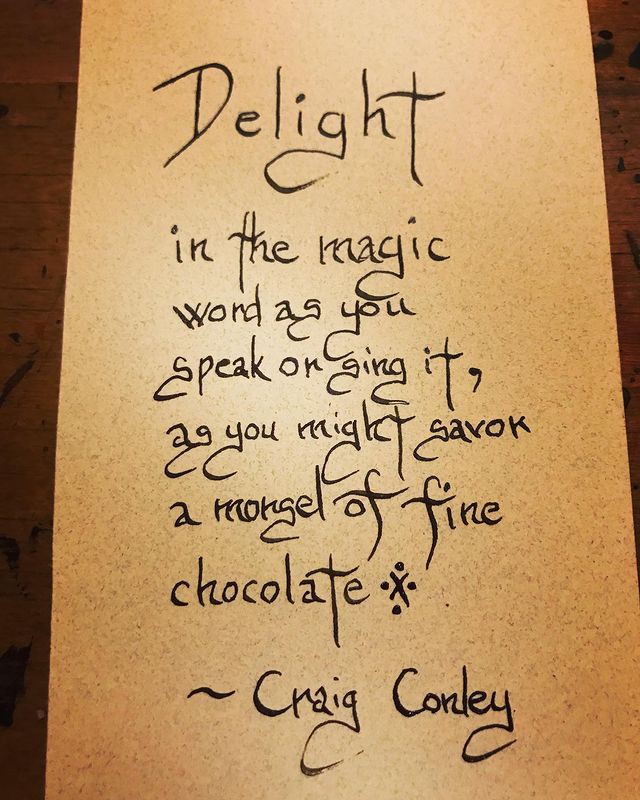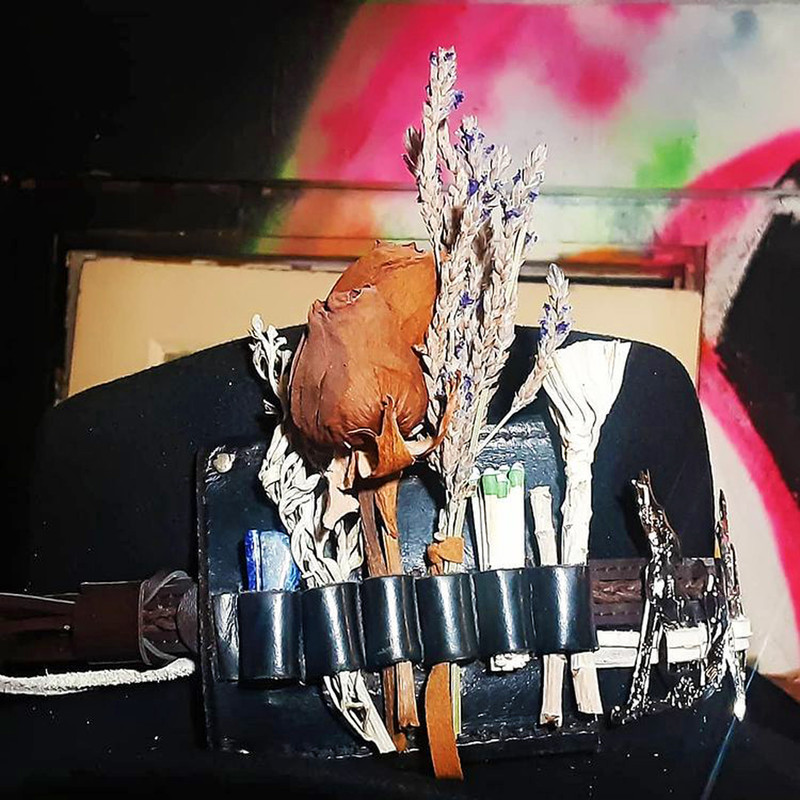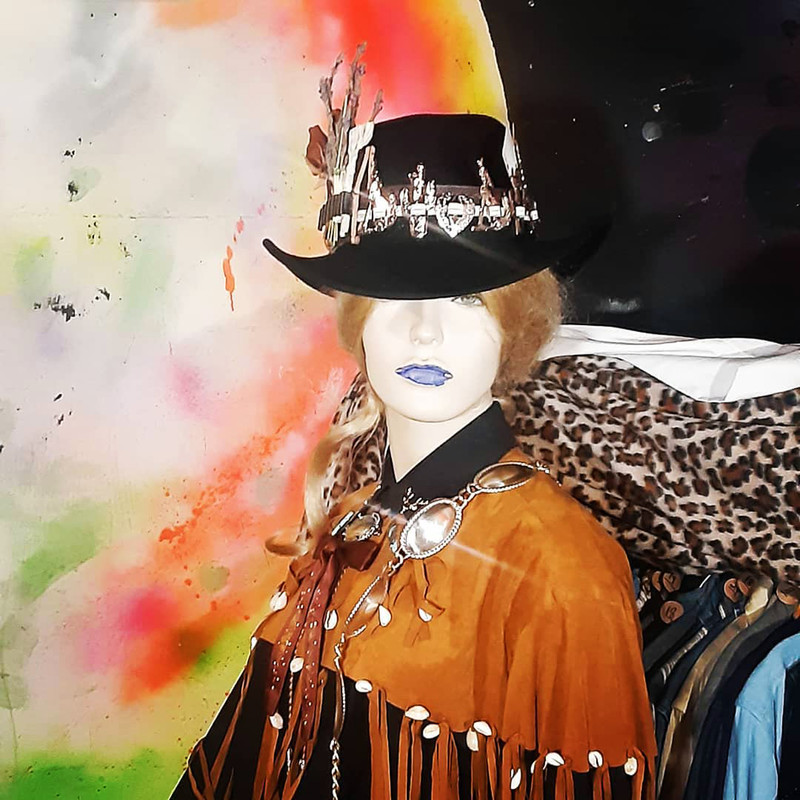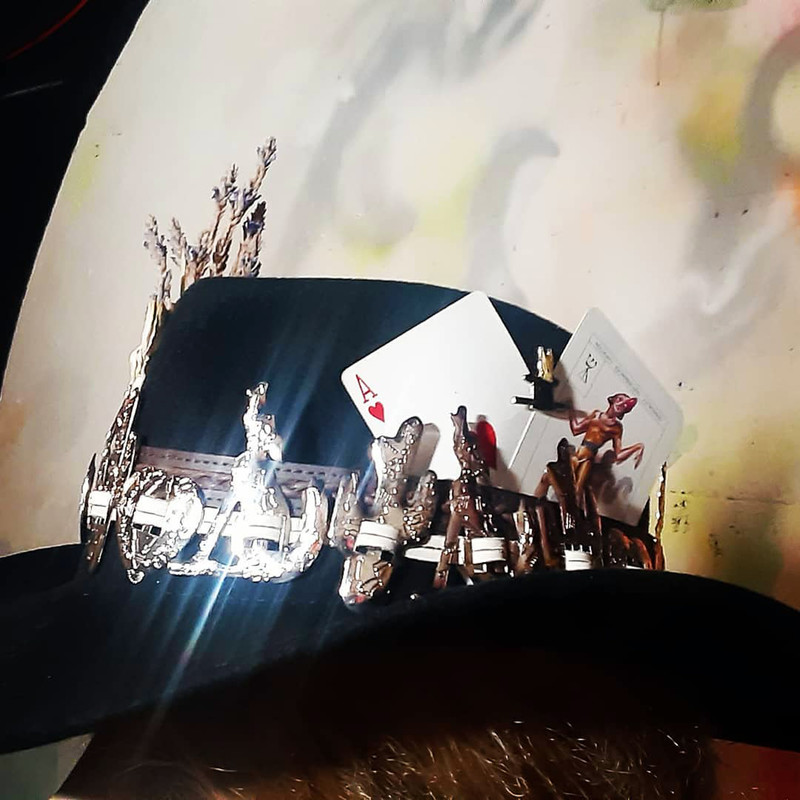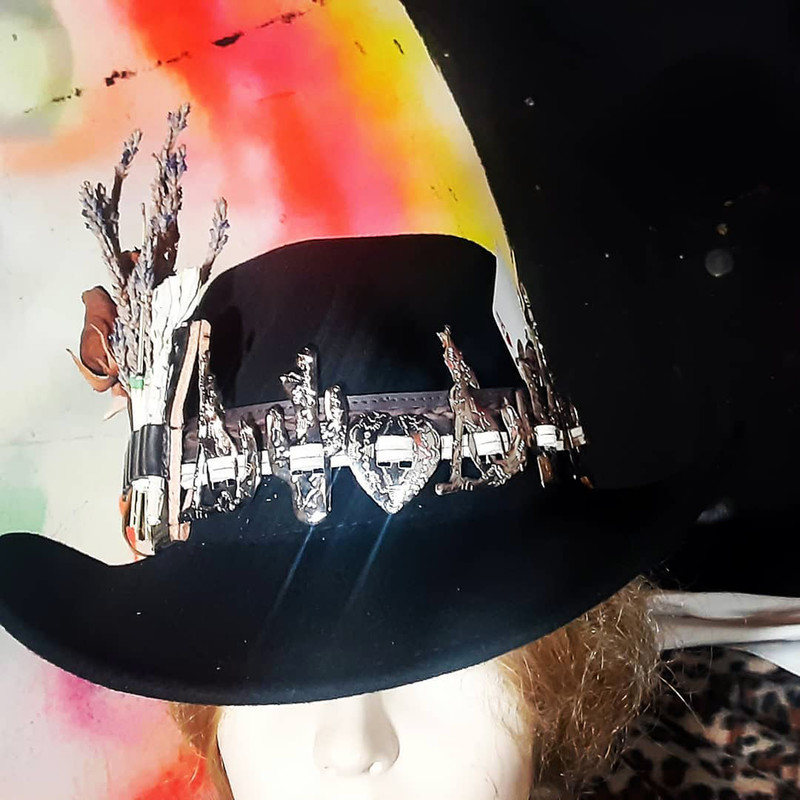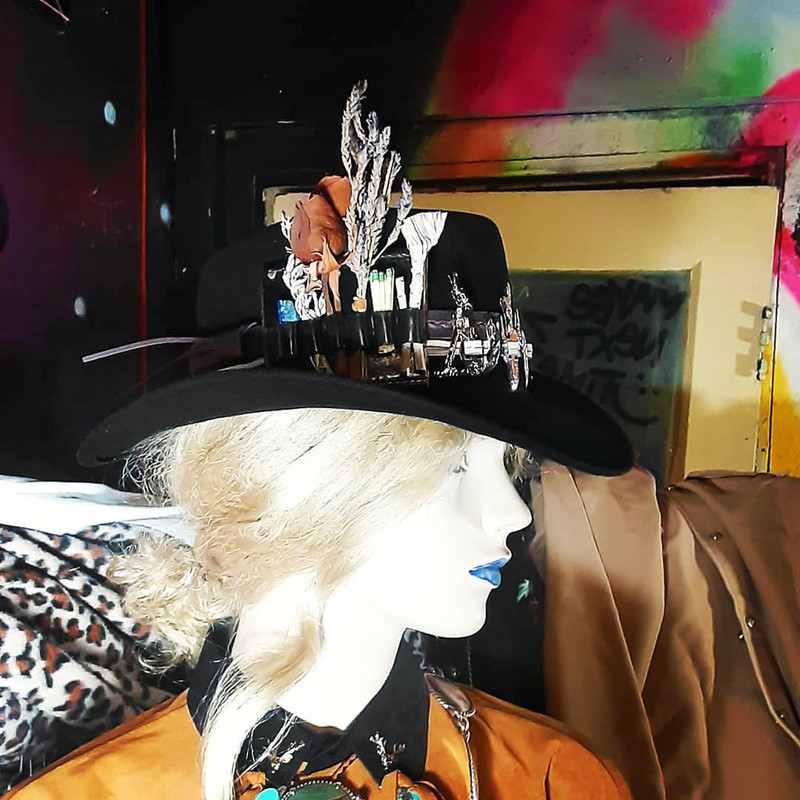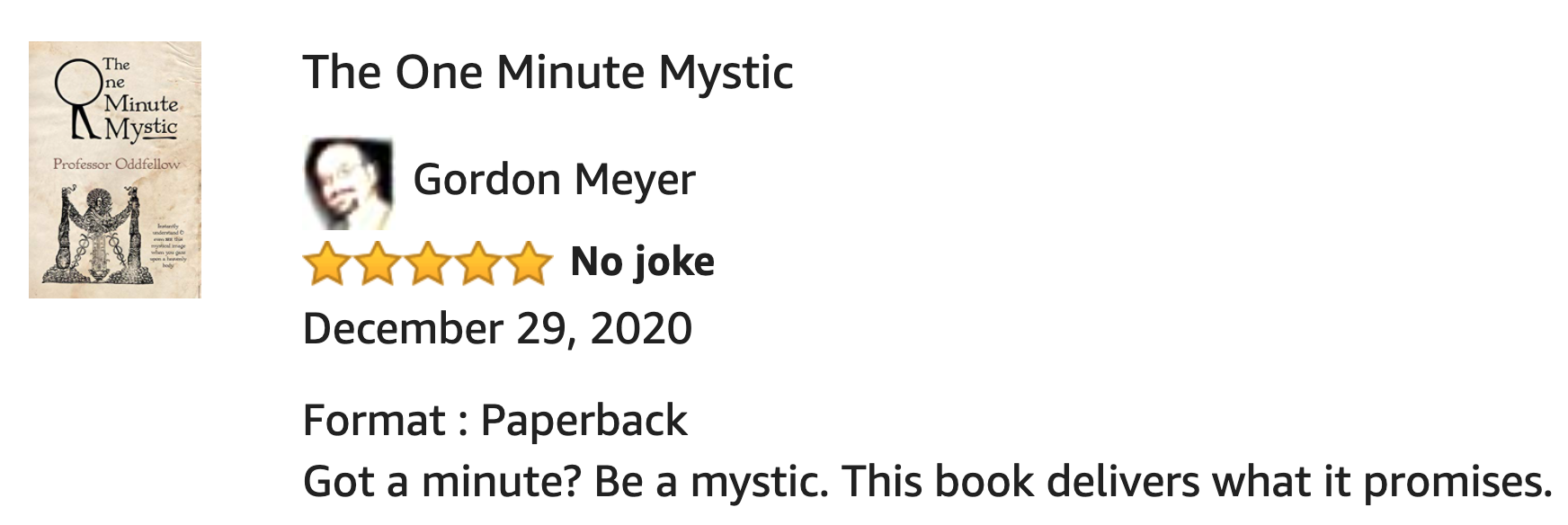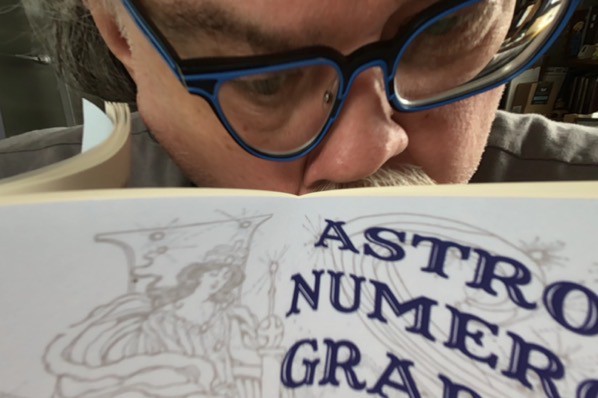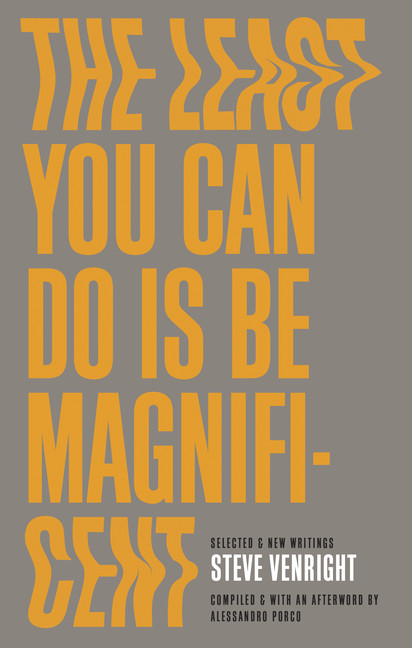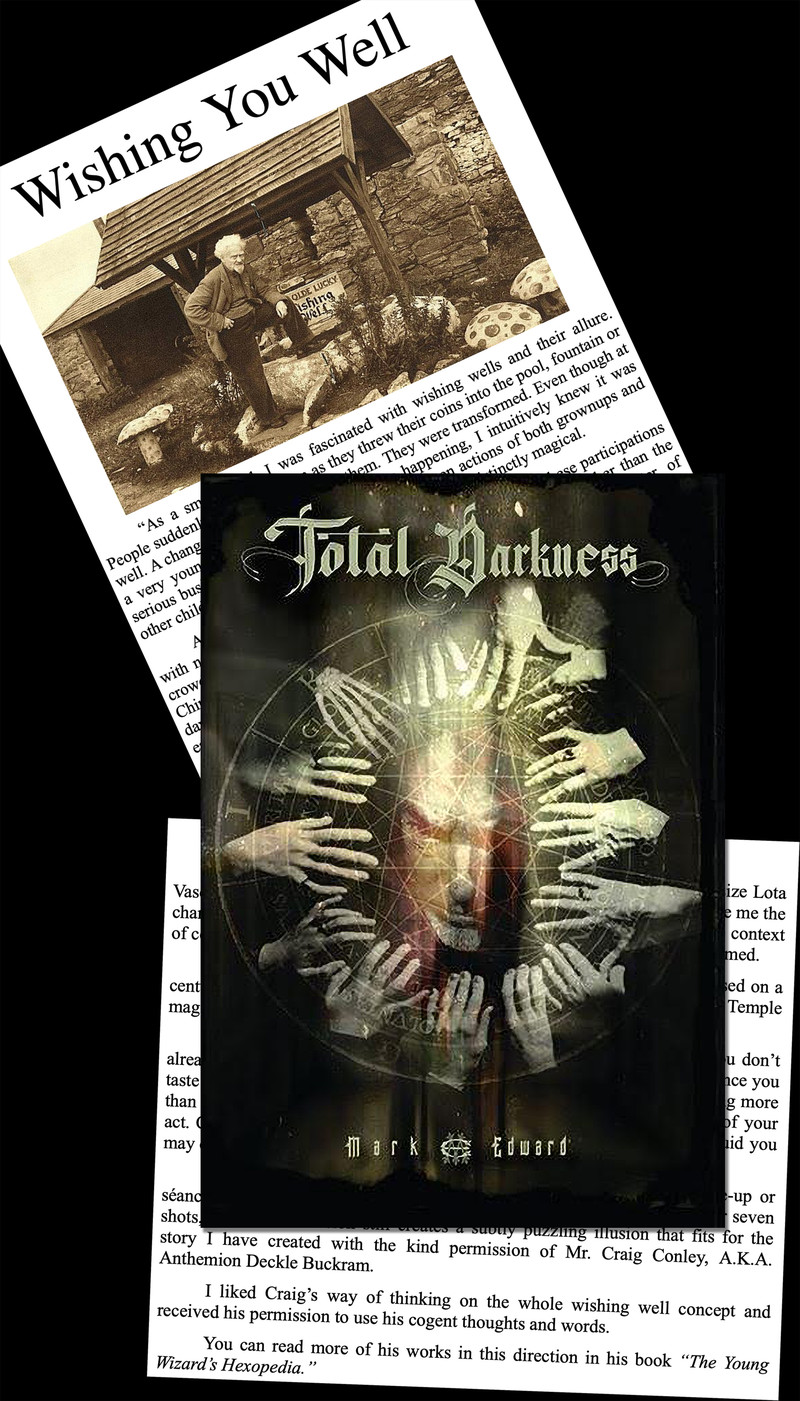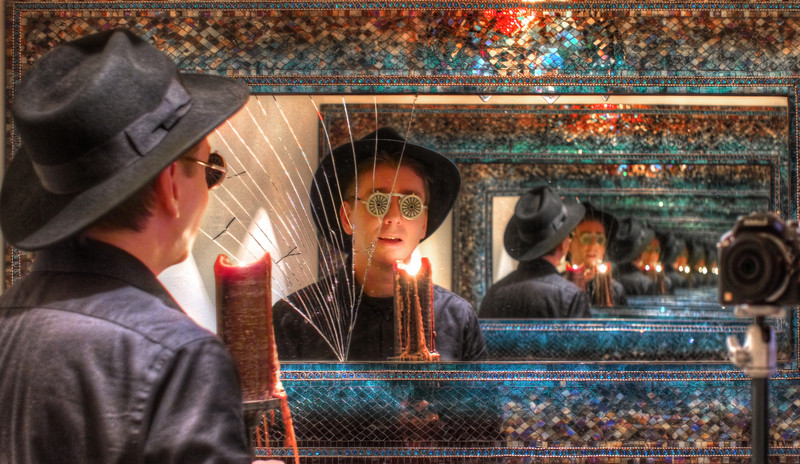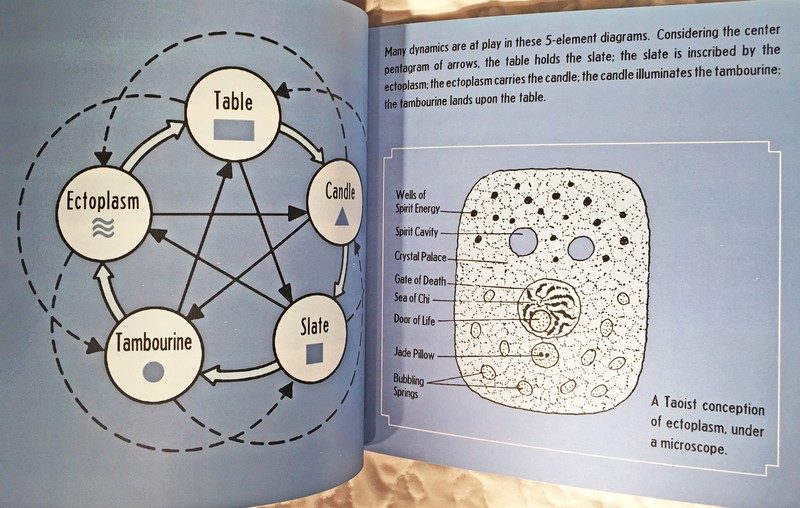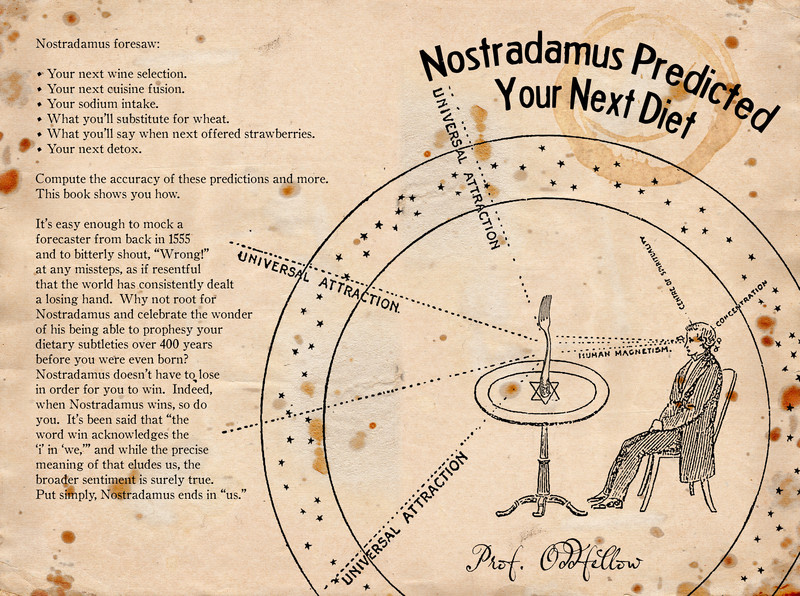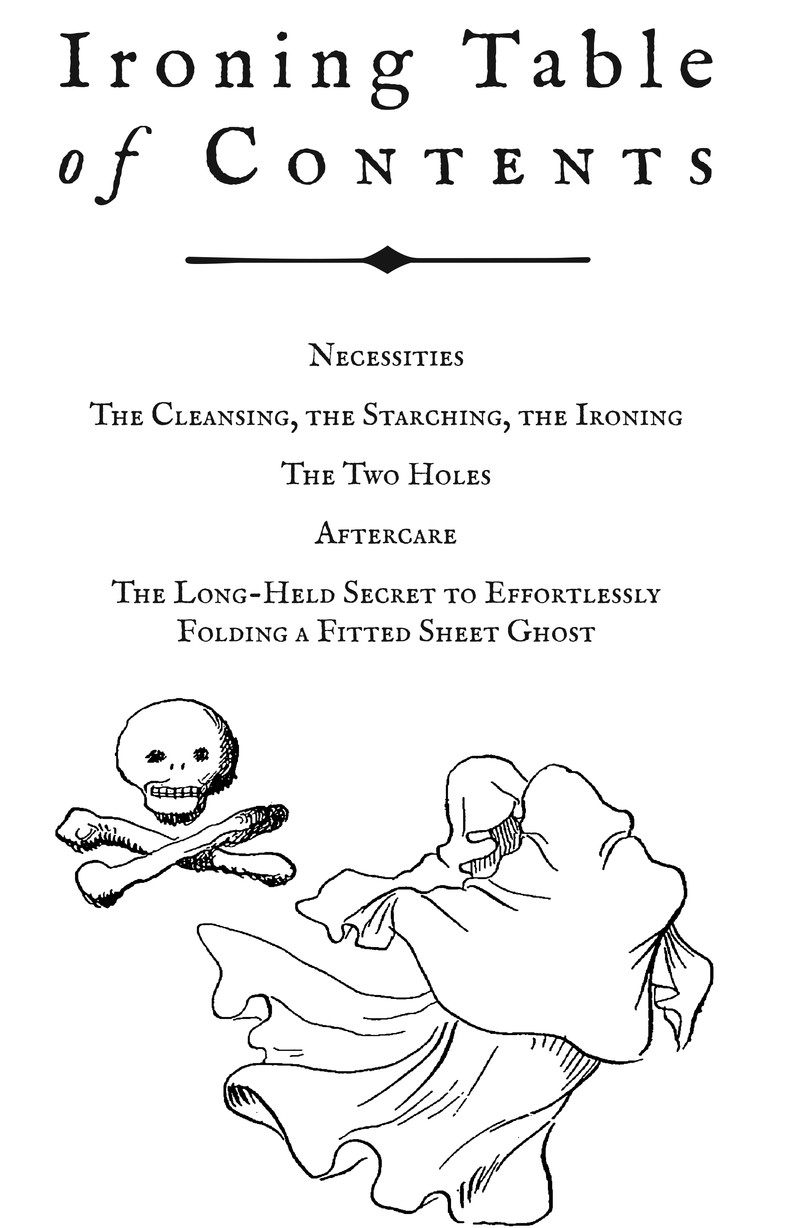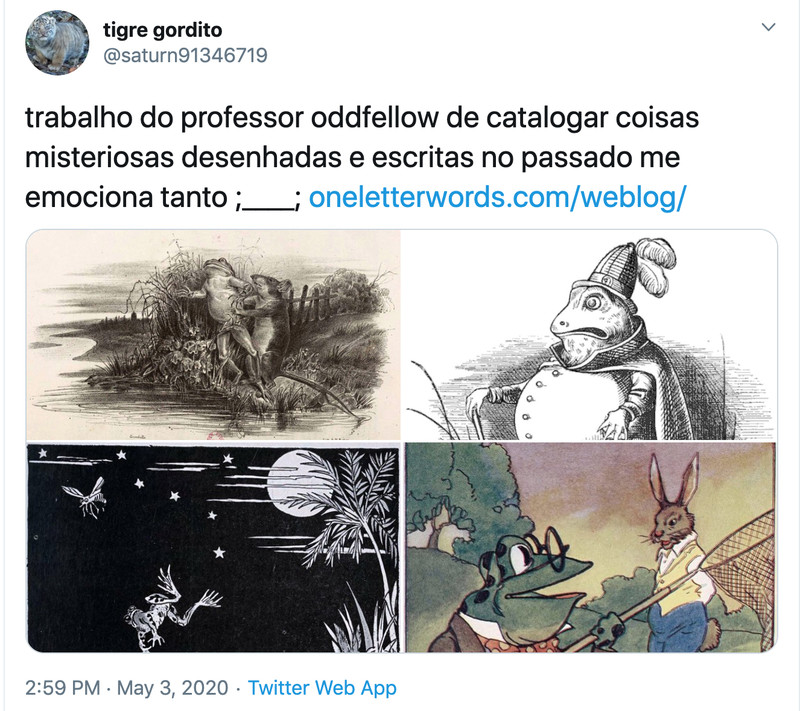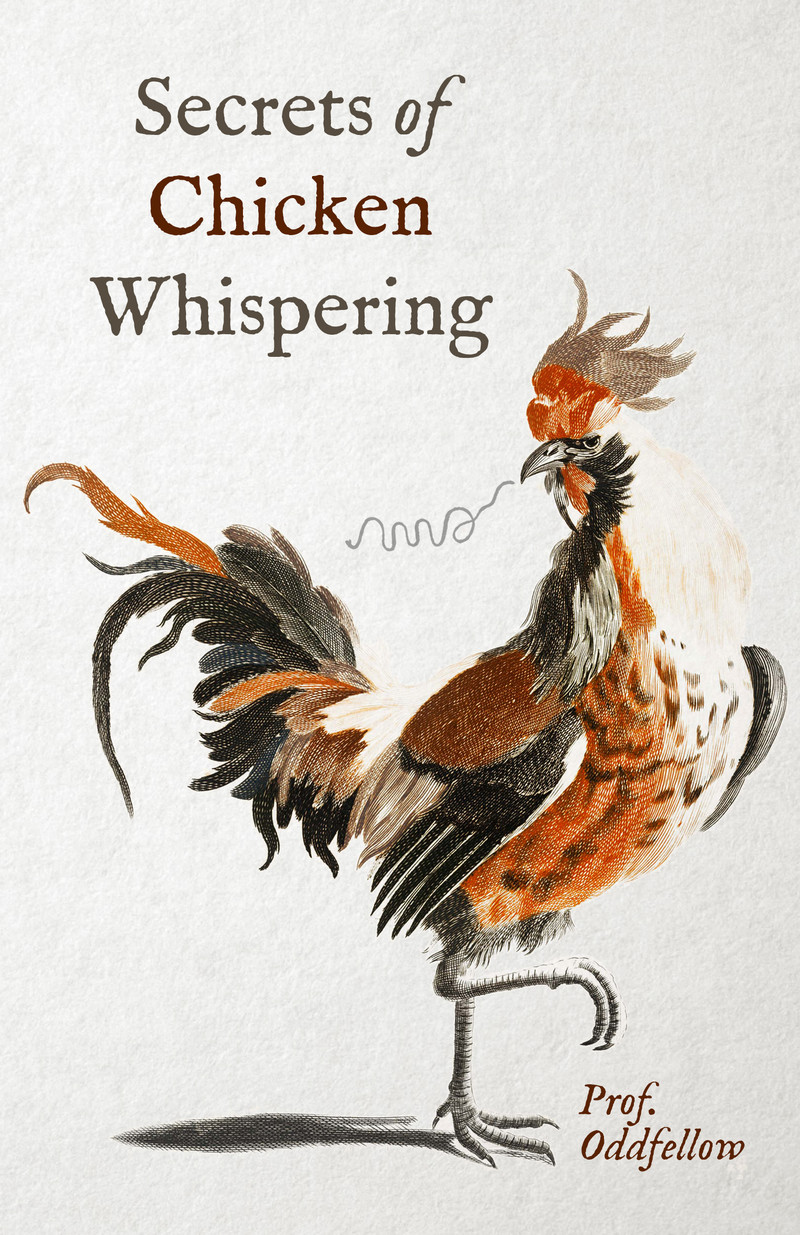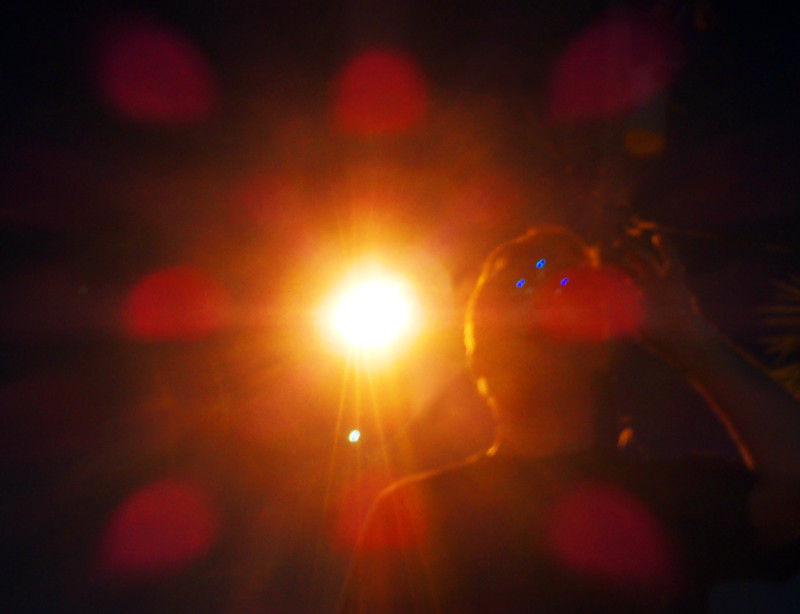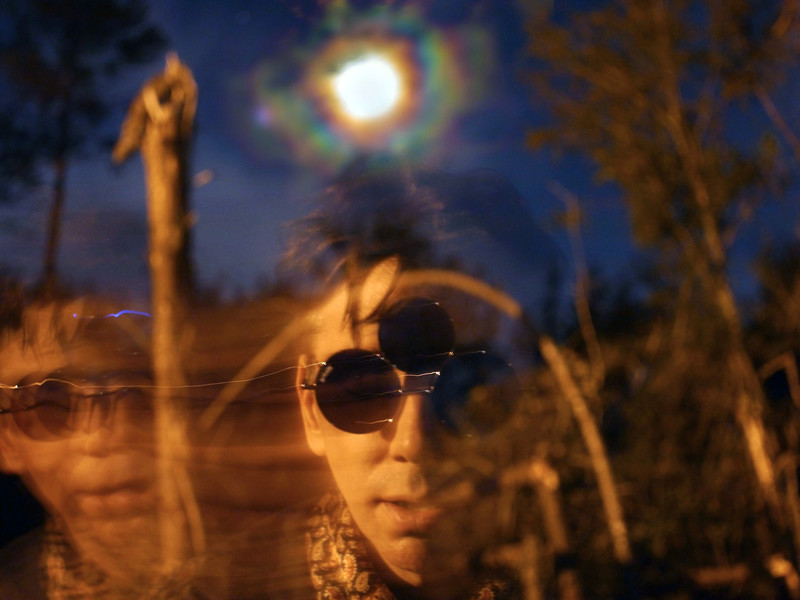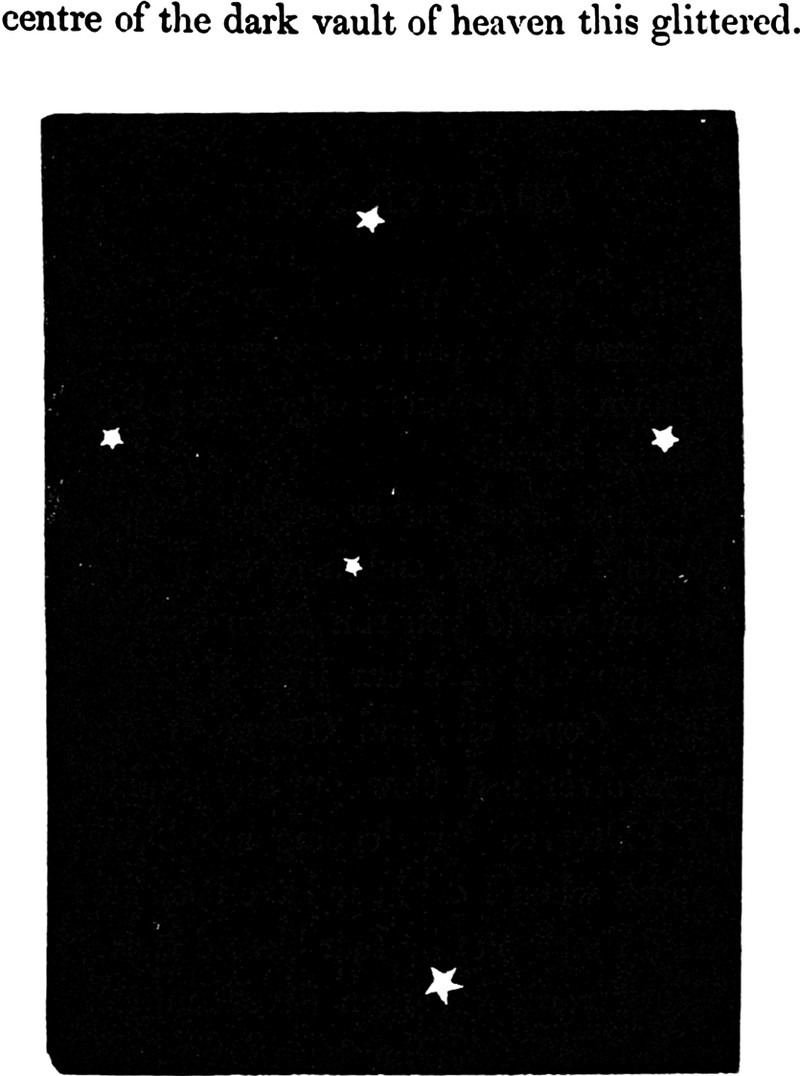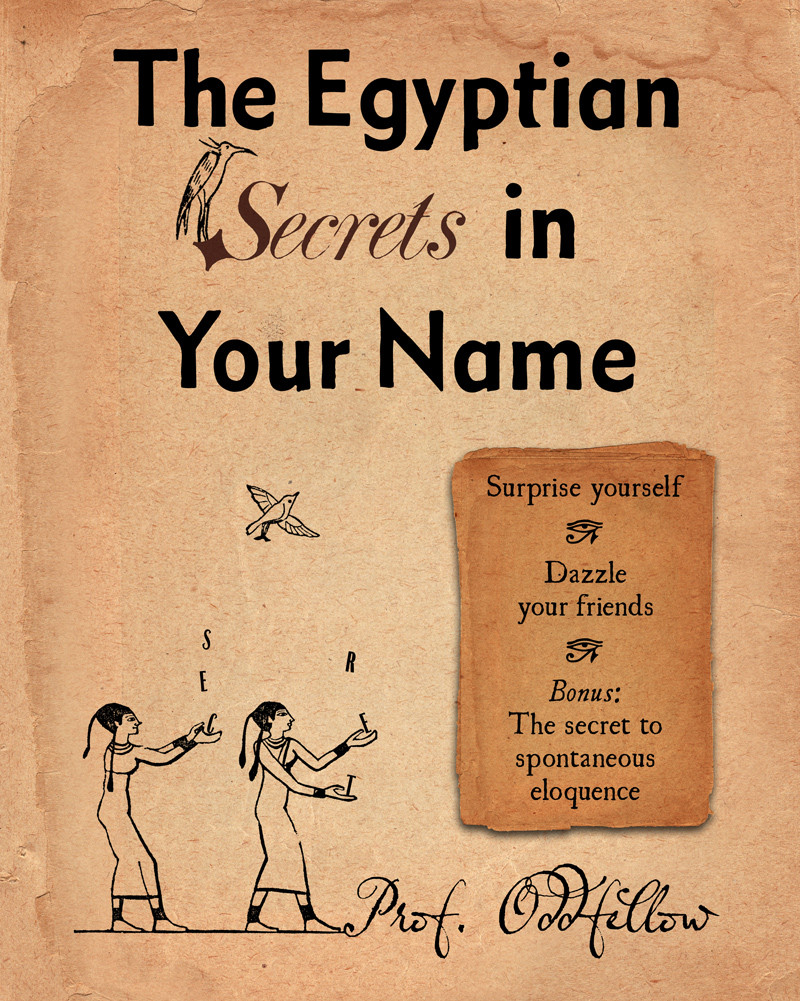Go Out in a Blaze of Glory
|




 |
|
|
 |
 |
 |
All the while, I presumed every reference was strictly 'pataphysical. I could verify the existence of Gary Barwin and his works first-hand, but surely tomes such as the one-letter-words dictionary, How To Be Your Own Cat, the Hexopedia, et al, were to be found only in the so-called imaginal realms (as if this ain't one). Was I ever staggered to find you've actually materialized such marvels! (Which is perhaps the most 'pataphysical aspect of all.) You know, I would have been grateful for your recent kind words about my own video no matter what, but in context of discovering your work I could not be more honoured. I am going to have a blast exploring your vibrant, distinctive, and superbly fun creations.
Don't miss Mr. Venright's deadpan video, in which he shares his 117 steps to instant gratification. It's a total scream.
|

 |
|
|
 |
 |
 |
How to attain glory by tracing the devolution of a squiggle through the centuries. Yes, we landed the cover of Oxford University Press' On Essays.
|

 |
|
|
 |
 |
 |
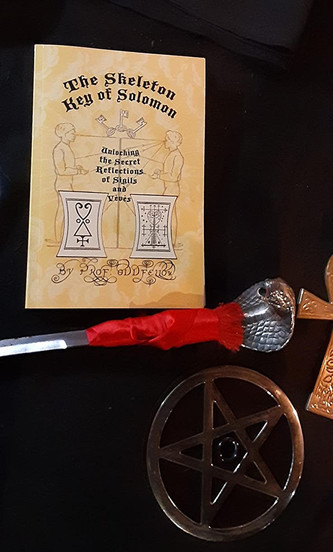
Hidden Symbols, Come To Find One Another In The Dark
Five Stars. "Amazing as always, the inimitable Professor Oddfellow's tireless research and enthralling delivery has brought us a Goetic Work unlike any before it! The good Professor's comparisons of traditional Yoruban (and other African diaspora) Vévés and sigils that comprise what is in the West known as Voodoo or, more properly Vodou, but also encskeleton key of solomonompasses many Yoruba faiths like the more widely known Santeria, to European Grimoire traditions, such as the Lesser and Greater Keys of Solomon and many lesser known tomes, is ambitious. Professor Oddfellow simply compares and contrasts, he makes no feeble attempts to justify or negate anything or anyone. The ending of the book simply asks us to consider that perhaps rather than being influenced by one or the other that we all have access to a Universal technology that accesses Worlds and Intelligences far beyond our mundane world. With such a Work that the Professor has undertaken herein, there could be any number of failures and assumptions, which he avoids with tact and grace, leaving us with beautiful questions and the imagery of disparate cultures, both reaching in the dark for a Light." —Holy Mountaineer
|




 |
|
|
 |
 |
 |
"You sir have awoken something in me that has been collecting dust for quite some time now. In a sense, an encounter with bad luck had me concluding that life was too busy for art. Thank you for shining a light far enough for me to find a source of my own. I shall repay the favor and pass it on with each chance that presents itself." --Joshua Batie
|



 |
|
|
 |
 |
 |
5 STARS. If there's anything more wearying than listening to people prattle on about their diets it's listening to them do so while in the thrall of whoever the most famous nutritional guru of the moment happens to be. Such individuals (and there are legions of them) tend to rhapsodize endlessly about the salubrious effects of his or her prescribed culinary regimen as though every last detail were sacred prophesy guaranteed to insure a state of physiological utopia to all unswerving adherents. Or maybe that's just me being a crank. I'm worn out by trying to evaluate 'expert' advice on every area of life and struggling to ascertain how many, *if any*, of the often conflicting recommendations I should follow. One might as well consult Nostradamus as to immerse oneself in the current iteration of The Received Wisdom vis-à-vis proper nutrition ... which is precisely what Craig Conley has done.
Although Nostradamus was a trained and licensed physician, I don't believe this book is intended to promote dietary advice from the 1500s. Instead, what it suggests to me is that universally applicable menu plans are more fanciful than factual because they tend to break down in practice. Thinking adults are better off combining their own common sense with some general research and then adding a secret ingredient: whimsy. Dining should be pleasurable. Even when health and weight concerns are a priority, meals need to provide more than calibrated sustenance. Planning and preparing them can actually be fun if we decide to take a Michel de Nostradamus/Craig Conley approach. 'Think outside the kitchen' and allow your inner chef to be inspired by history or mythology or perhaps a work of art.
A final comment regarding the illustration of Nostradamus Predicted Your Next Diet. Once again, Mr. Conley has outdone himself in providing a plethora of remarkable images to amplify and support his text. They alone are worth the price of the book, in my opinion. My favorite of them appears on the final page and it depicts a Charles Dana Gibson style lady, seemingly thrown into a swoon by the conundrum of how best to prepare her next meal. I can relate; can't we all? —Natasha K.
|


 |
|
|
 |
 |
 |
Thanks to Tigre Gordito for tweeting: "Professor Oddfellow's work of cataloging mysterious things drawn and written in the past moves me so much. oneletterwords.com/weblog/"
|

 |
5 STARS ARE NOT ENOUGH. I cherish this book. It's wonderful -- quite literally, 'full of wonders'. Although it purports to reveal the secrets of 'chicken whispering' and does, it goes a great deal further than that. Those fortunate enough to have gallinaceous companions will gain much from a thoughtful reading. So will anyone else who seeks to enhance their kinship with other living creatures, humans included. The deepest and most precious secret to achieving that end is the development of an empathic connection, a process which Mr. Conley details in a manner both concise and poetic. I wish I could give him at least ten stars in return for the joy his work has given me. Like all great authors, he is a heart whisperer. —Natasha K.
|


 |
|

 |
|
|
 |
 |
 |
Egyptian ideograms, our Latin alphabet, and essential secrets of the self
While reading The Egyptian Secrets In Your Name, I began to realize that the secrets in letters of my name, as in every other symbol set I encounter, are to be found within me. They remain occult only to the extent that they're unexplored and the best way to reveal the personal meaning communicated by any symbol is to make a conscious decision to allow the unconscious to operate freely. Even the most 'common' name becomes unique when you view the letters as images, allowing your own intuition to connect with their latent significance. Our intuition speaks to us through a kind of psychic poetry. Each individual is an author in this regard. As Craig Conely demonstrates using the method he's devised, an ancient symbology can be as relevant to us today as it was to to those for whom it was designed. A person's name is a private stanza of truth about the essential self. This book helped me to see mine, showing me how to look for Egyptian ideograms evoked by our Latin alphabet and engage with their energy. —Natasha at Amazon
The quest to decode the individual letters in a name goes way, way back. Our research triggered a realization that every name encodes an ancient Egypitan poem. As the original publication of our findings is freshly out of print, and as it was originally intended exclusively for professional magicians and mentalists, we were inspired to offer a revised and expanded edition containing twice the number of example readings, so that anyone can perform the technique for friends. No memory or guesswork is required. You’ll understand the hidden Egyptian meaning of your name instantly, and you’ll be able to dramatically interpret friends’ names. You don’t have to be a poet or expert on symbolism to shine with our technique. You’ll simply say aloud what you secretly know the letters to mean. Here are the details.
|

Page 6 of 22

> Older Entries...

Original Content Copyright © 2025 by Craig Conley. All rights reserved.
|



